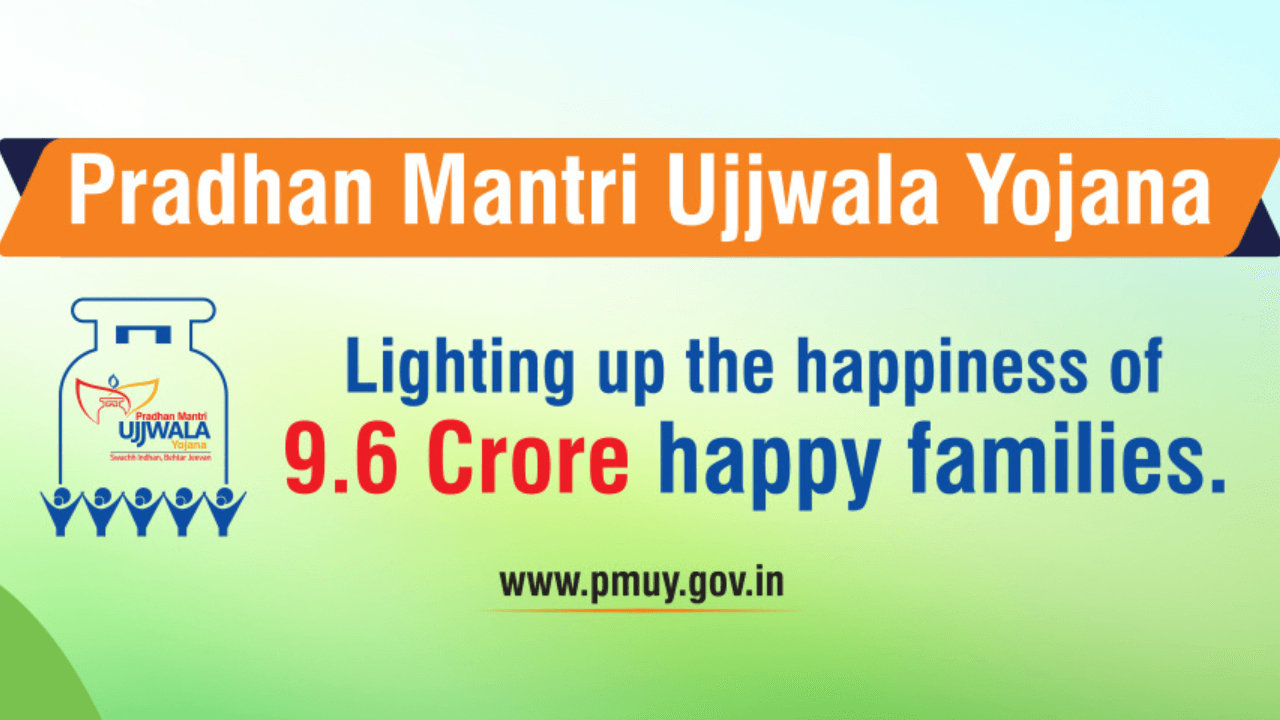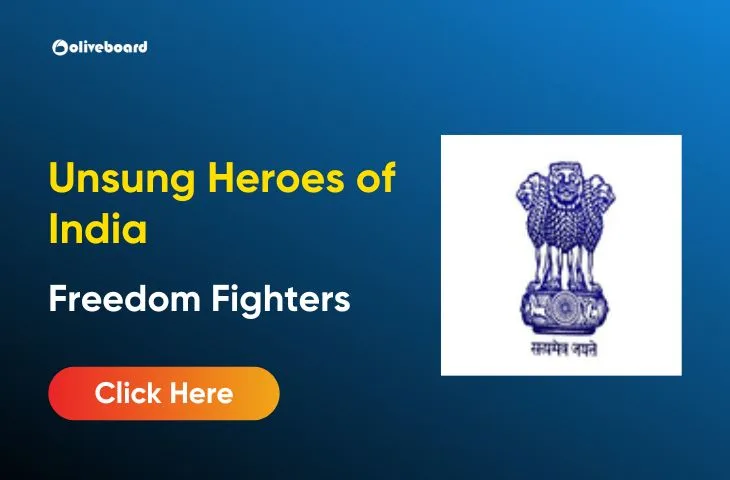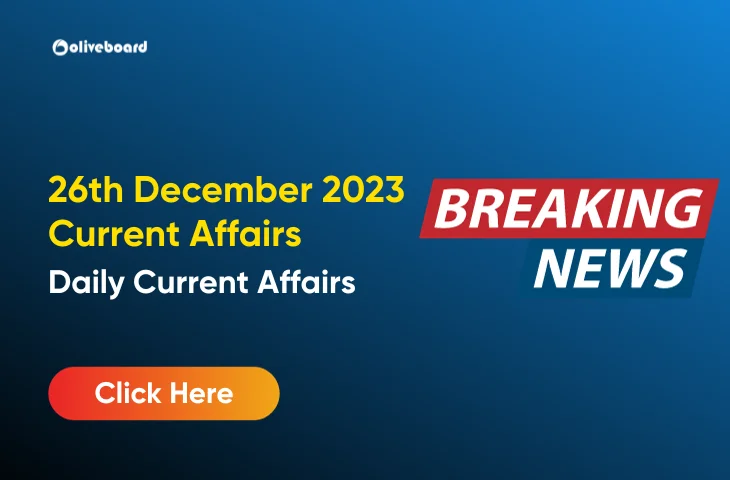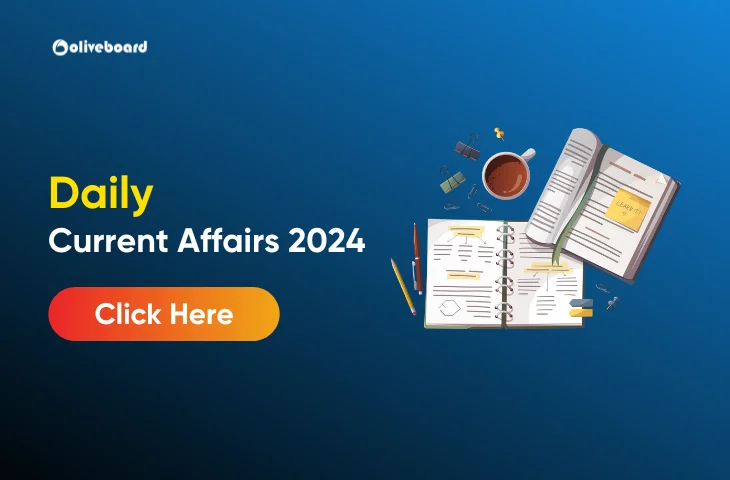Under the leadership of Prime Minister Shri Narendra Modi, the Union Cabinet has granted approval for the extension of the Pradhan Mantri Ujjwala Yojana (PMUY). This extension will involve the allocation of 75 lakh additional LPG (liquefied petroleum gas) connections over the course of three years, spanning from the Financial Year 2023-24 to 2025-26. With the provision of these 75 lakh additional Ujjwala connections, the total number of beneficiaries under PMUY will reach 10.35 crore.
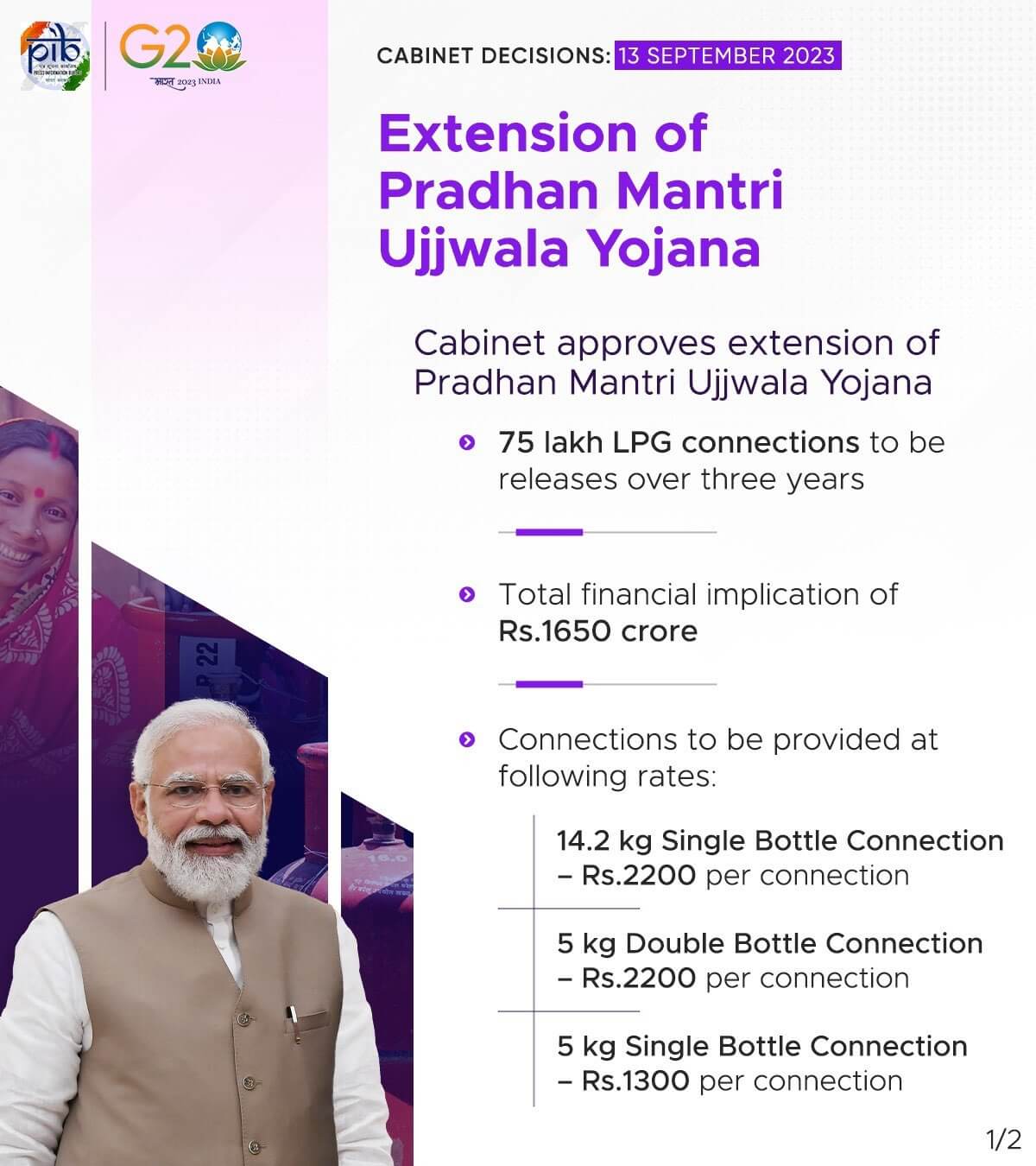
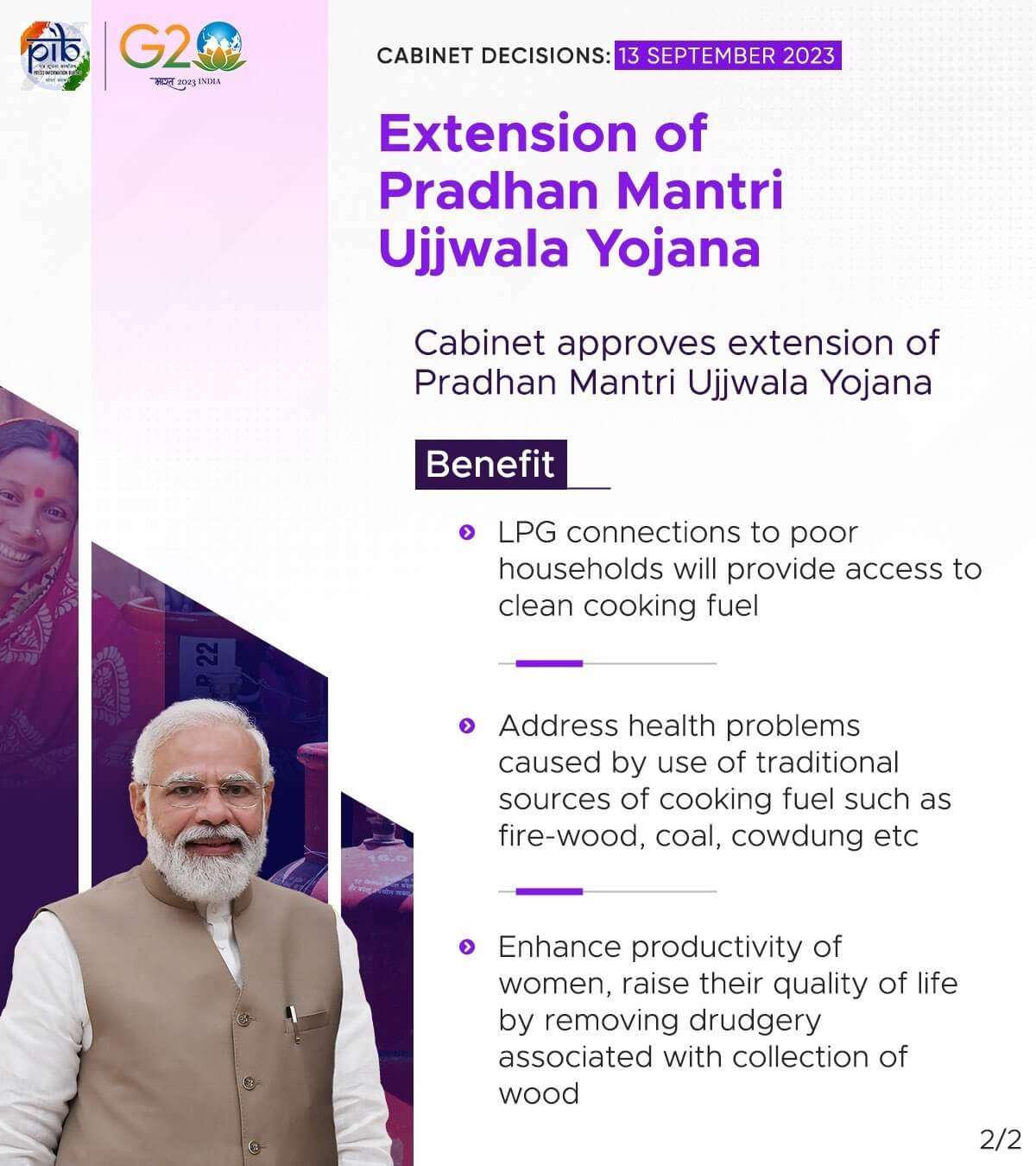
Benefits under Pradhan Mantri Ujjwala Yojana (PMUY)
As per the current guidelines of Ujjwala 2.0, beneficiaries will receive the first refill of their LPG cylinder and a stove at no cost.
Additionally, PMUY consumers are entitled to a targeted subsidy of Rs. 200 per 14.2 kg LPG cylinder for up to 12 refills per year. The extension of PMUY is crucial because without it, eligible impoverished households may not be able to avail themselves of these significant benefits provided under the scheme.
Women’s Ease of Living Through Clean Cooking
Adverse Health Effects
Household air pollution from the use of traditional fuels for cooking and heating is a significant global health issue. According to the World Health Organization (WHO), around one-third of the world’s population, approximately 2.4 billion people, rely on open fires or inefficient stoves fueled by kerosene, biomass (such as wood, animal dung, and crop waste), and coal for their cooking needs. This reliance on traditional fuels leads to harmful household air pollution, resulting in an estimated 3.2 million deaths annually, with over 237,000 of these deaths occurring in children under the age of 5.
The adverse health effects of household air pollution include an increased risk of illnesses such as pneumonia, lung cancer, ischaemic heart disease, and chronic obstructive pulmonary diseases. Moreover, the use of non-renewable wood fuels for cooking contributes significantly to CO2 emissions, and residential solid fuel burning accounts for 58 percent of black carbon emissions. It is a major source of household air pollution due to incomplete combustion of solid biomass.
In India, particularly in rural areas, impoverished communities have historically used traditional fuels like firewood, coal, and dung cakes for cooking, often unaware of the adverse health consequences. This has resulted in higher mortality rates due to various illnesses associated with household air pollution.
Significant Role Played by the PMUY
Research also highlights that this issue has a gender dimension, as girls and women are disproportionately exposed to the harmful effects of solid fuels. They are often responsible for cooking and face increased exposure to household air pollution.
The Pradhan Mantri Ujjwala Yojana (PMUY) scheme has played a vital role in addressing this issue.
- By providing access to clean and affordable LPG (liquefied petroleum gas) cooking gas, PMUY has empowered women economically and socially.
- They no longer need to collect firewood or traditional fuels, which used to involve arduous journeys and significant time and effort.
- This newfound convenience enables them to participate more actively in community life and explore additional income-generating opportunities.
- Furthermore, the Ujjwala scheme has enhanced the safety and security of women.
- They no longer have to venture into isolated and potentially unsafe areas to gather firewood or fuel.
- This has improved their overall well-being and reduced exposure to potential risks.
In summary, addressing household air pollution, especially among women and children, is crucial for achieving a sustainable and pollution-free future. Initiatives like PMUY in India have made significant strides in providing cleaner and safer cooking solutions, benefiting both the environment and the health and well-being of women and their families.
Initiatives to Expand LPG Coverage
- The PAHAL (Pratyaksh Hastantarit Labh) initiative revolutionized the distribution of LPG cylinders by shifting from subsidized pricing to selling them at market rates while electronically transferring applicable subsidies directly to individuals’ bank accounts. This innovative approach significantly reduced the prevalence of “ghost” accounts and the illicit use of household cylinders for commercial purposes, ensuring that only the rightful beneficiaries receive the subsidies.
- The “Give It Up” campaign took a voluntary approach to subsidy reduction, encouraging individuals to willingly surrender their subsidies. Through extensive promotion, millions of people willingly opted out of subsidies, redirecting the funds to those who genuinely needed assistance in acquiring LPG cylinders.
- During the COVID-19 pandemic lockdown in 2020, a free refill scheme was implemented under the Pradhan Mantri Garib Kalyan Yojana (PMGKY). This scheme provided substantial assistance, amounting to Rs. 9670.41 Crore, to PMUY beneficiaries, facilitating 14.17 Crore LPG refills.
- The per capita consumption of PMUY beneficiaries has seen a notable increase from 3.01 in 2018-19 to 3.71 in 2022-23. In the current year (2022-23), PMUY beneficiaries have collectively obtained more than 35 Crore LPG refills, indicating the program’s positive impact and growing usage among its recipients.
- Weekly Current Affairs 2025 PDF For Bank, SSC, UPSC Exams
- Unsung Heroes of India: 10 Unknown Freedom Fighters You Should Know
- 26 December Current Affairs 2023 in English
- Daily Current Affairs 2025, Check Today’s Current Affairs
- April Month Current Affairs 2024, Download PDF
- June Month Current Affairs 2024, Download PDF

Hello, I’m Aditi, the creative mind behind the words at Oliveboard. As a content writer specializing in state-level exams, my mission is to unravel the complexities of exam information, ensuring aspiring candidates find clarity and confidence. Having walked the path of an aspirant myself, I bring a unique perspective to my work, crafting accessible content on Exam Notifications, Admit Cards, and Results.
At Oliveboard, I play a crucial role in empowering candidates throughout their exam journey. My dedication lies in making the seemingly daunting process not only understandable but also rewarding. Join me as I break down barriers in exam preparation, providing timely insights and valuable resources. Let’s navigate the path to success together, one well-informed step at a time.
